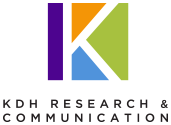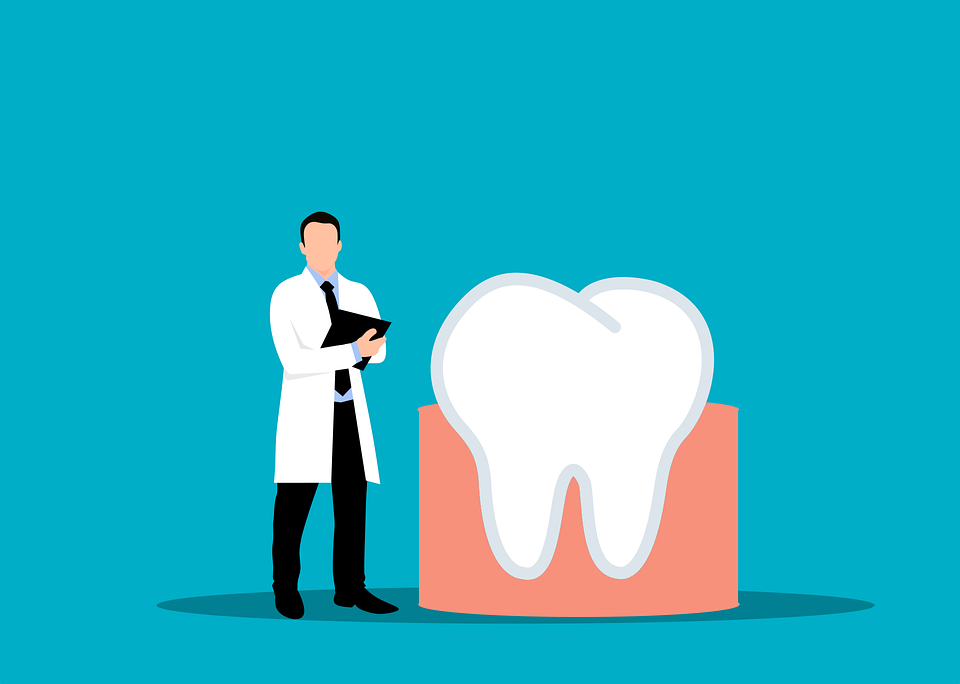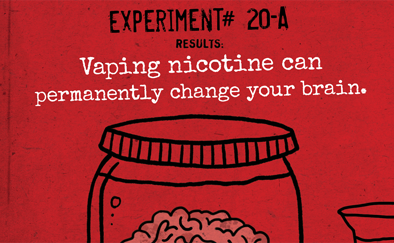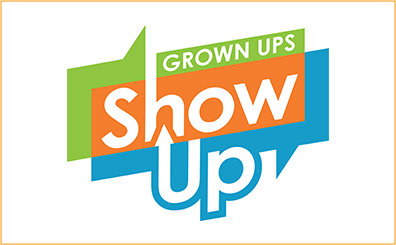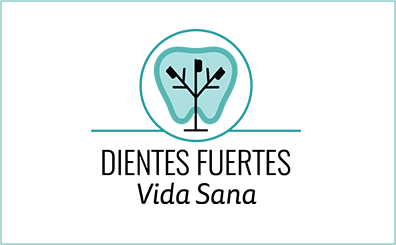KDHRC is expanding and conducting a randomized-controlled trial of the Guardians Receiving Information through Navigators (GRIN) program. GRIN is a culturally competent, online, and on-demand professional development course to prepare community health workers to provide oral health outreach to low-income African American guardians of children and adolescents and reduce oral health disparities.
The Challenge:
Tooth decay disproportionately affects African American children compared to non-Hispanic White children. African American children and adolescents are less likely to receive preventive dental visits. In addition, primary tooth decay significantly predicts continued oral health concerns from childhood into adulthood, which in turn predicts poor physical health and negative psychosocial and economic consequences. Community health workers (CHWs) are trained professionals who serve as intermediaries between the community and healthcare organizations to support health promotion in high-impact, evidence-based, and cost-effective ways. CHWs have the potential to reach and communicate with the people in their communities who may need oral health information and resources.
Our Approach:
In 2021, KDHRC received funding for a Phase I Small Business Innovation Research (SBIR) project from the National Institute of Minority Health Disparities (NIMHD) to develop, implement, and evaluate GRIN. KDHRC partnered with oral health professionals, CHWs, and researchers to develop the prototype online course. The prototype course includes narrative videos, text, and quizzes. The videos guide CHWs through each lesson. The course also includes downloadable materials that CHWs can use during outreach activities. Then, KDHRC used a two-group, pretest/posttest evaluation design to explore the extent to which exposure to GRIN increases CHWs’ knowledge, self-efficacy, and intentions to provide oral health outreach to low-income African American guardians of children and adolescents. Our evaluation partners with nationwide CHW networks recruited CHWs to participate in the evaluation.
In August 2023, KDHRC received Phase II funding to expand the GRIN program and conduct randomized-controlled trial of the program. KDHRC will partner with oral health professionals, CHWs, and researchers along with an extensive evaluation partner network to complete GRIN Phase II.
Findings:
In Phase I, after exposure to the GRIN prototype, the treatment group demonstrated significantly higher composite scores for knowledge (p≤0.001) and self-efficacy (p≤0.05) compared to the control group. Preliminary findings indicate that the GRIN professional development course is an effective health equity-focused tool that prepares CHWs to conduct oral healthcare outreach.
